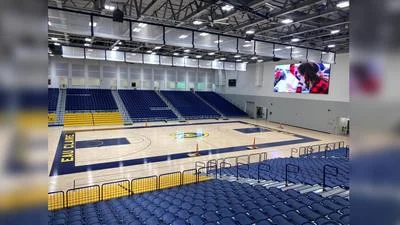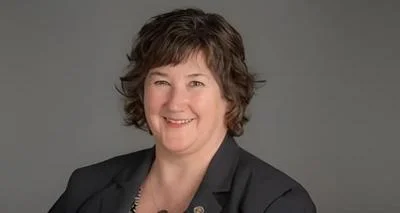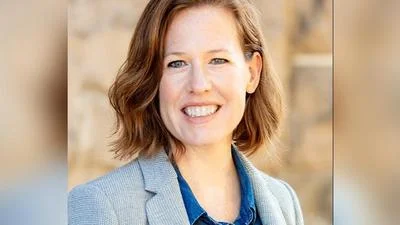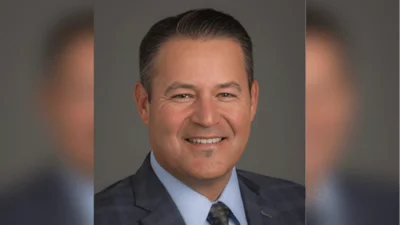Shannon Zimmerman, Wisconsin State Representative of 30th District | Facebook
Shannon Zimmerman, Wisconsin State Representative of 30th District | Facebook
According to the Wisconsin State Legislature's official website, the bill was described as follows: "creating a hazard mitigation revolving loan program, creating a Great Lakes erosion control revolving loan program, providing an exemption from emergency rule procedures, granting rule-making authority, and making an appropriation. (FE)".
The following is our breakdown, based on the actual bill text, and may include interpretation to clarify its provisions.
In essence, this bill establishes two new revolving loan programs in Wisconsin: a hazard mitigation program and a Great Lakes erosion control program. The Department of Military Affairs (DMA) will oversee the hazard mitigation program and can partner with FEMA to secure federal funds, transferred into a nonlapsible trust fund. The state will add 10% from its general fund to match federal contributions, facilitating loans to local governments for hazard mitigation projects. The Department of Natural Resources (DNR) will manage the Great Lakes erosion program, which offers financial assistance for shorelines threatened by erosion. The program is funded with a $5 million appropriation, and DNR can implement emergency rules to expedite the program's launch. An extra 0.5 full-time equivalent staff position is authorized for administration. The act takes effect one day after publication or two days following the 2025 budget act's publication, whichever is later.
The bill was co-authored by Senator André Jacque (Republican-1st District), Representative Jeffrey Mursau (Republican-36th District), Representative William Penterman (Republican-38th District), and Representative Jim Piwowarczyk (Republican-98th District).
Shannon Zimmerman has co-authored or authored another 12 bills since the beginning of the 2025 session, with none of them being enacted.
Zimmerman, a Republican, was elected to the Wisconsin State Assembly in 2017 to represent the state's 30th Assembly district, replacing previous state representative Dean Knudson.
In Wisconsin, the legislative process starts when a senator, constituent, group, or agency proposes an idea for a bill. After drafting, the bill is introduced, numbered, and referred to a committee for review and public input. If approved, it moves through three readings and votes in both the Senate and Assembly. Once both chambers pass the same version, the bill goes to the governor, who can sign it, veto it, or let it become law without a signature. Only a small share of bills introduced each session ultimately become law. You can learn more about the Wisconsin legislative process here.
| Bill Number | Date Introduced | Short Description |
|---|---|---|
| AB209 | 04/23/2025 | Creating a hazard mitigation revolving loan program, creating a Great Lakes erosion control revolving loan program, providing an exemption from emergency rule procedures, granting rule-making authority, and making an appropriation. (FE) |
| AB204 | 04/23/2025 | Creating a video game production tax credit and making an appropriation. (FE) |
| AB199 | 04/15/2025 | Reimbursement of emergency services under the Medical Assistance program when a patient is not transported, reporting on changes to the scope of practice of emergency medical responders and emergency medical services practitioners, and eligibility for the expenditure restraint incentive program. (FE) |
| AB172 | 04/09/2025 | Consumer data protection and providing a penalty. (FE) |






 Alerts Sign-up
Alerts Sign-up